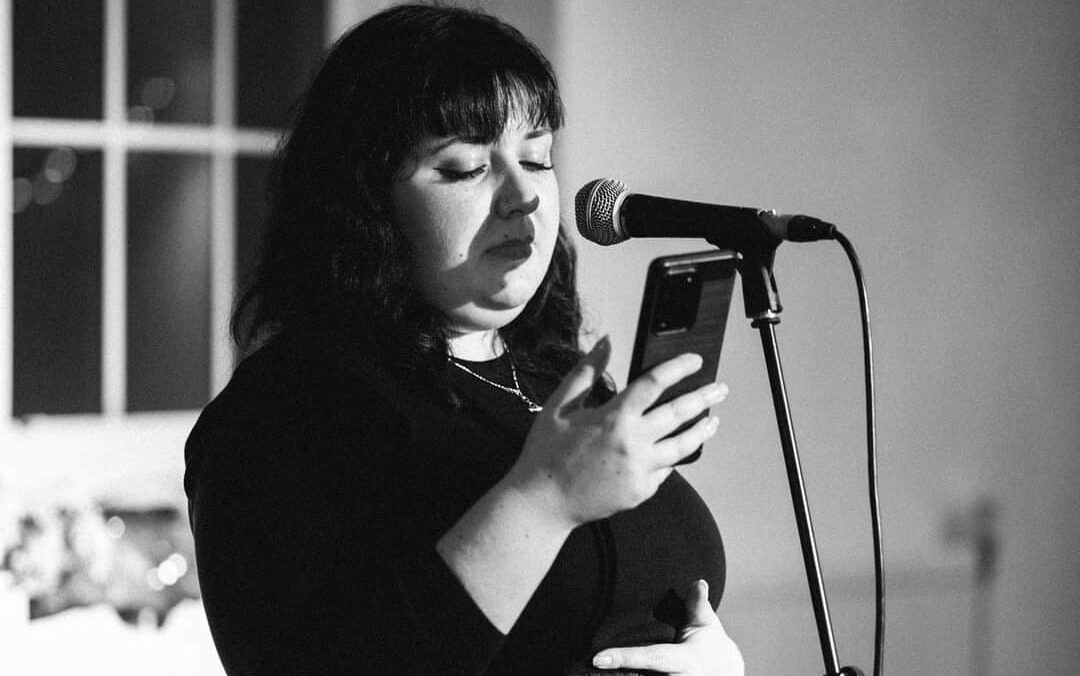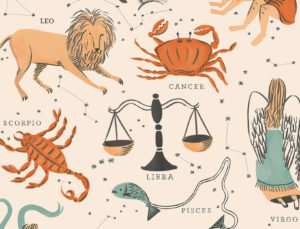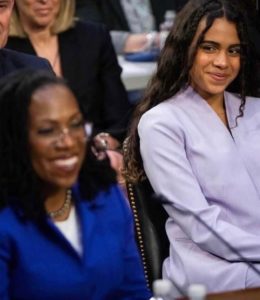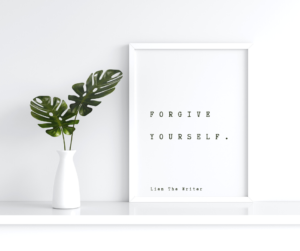Meet Emma Jeynes, a poet whose work resonates deeply with those who navigate the complexities of mental health. Writing under the evocative name “Join the Abyss,” Emma transforms her personal struggles into a powerful artistic voice, inviting readers into her world of raw, unfiltered emotion. Her journey, marked by a profound connection to her experiences and a desire to give voice to others’ unspoken feelings, showcases the transformative power of poetry. As she shares her story, Emma’s words offer solace and insight, illustrating how embracing one’s vulnerabilities can lead to extraordinary creative expression.
1. What inspired you to start writing poetry under the name “Join the Abyss,” and how does this name reflect your creative vision?
I began writing poetry in my late teens, I used it as a way of expressing difficult emotions I was experiencing, in regard to my mental health. This later came to light with a diagnosis of type 1 bipolar disorder. “Join the Abyss” was a way of explaining how that time in my life felt. It was as if I was in a constant state of being stuck in the abyss, and with my work I felt like I was inviting people into a snippet of my mind and the way I viewed life through my own personal lense. The aim of my work was to vocalise for others emotions they might not be able to explain themselves.
2. Can you share a pivotal moment in your life that led you to embrace poetry as a form of self-expression?
I began writing as a child but along with music. I remember writing comedic songs to cheer up my friend Leanna, when going through those first experiences of heartbreak. I believe the moment that really defined my need to creatively write as a way of self-expression, was at 14/15 when my grandfather passed away. I wrote a moving song, that was more serious and heavier lyrically than musically based for the first time. Getting those words and thoughts out on to paper and out loud really felt like a relief. This really stayed with me, and further down the line I made the swap over of leaving the music out of my projects and concentrating solely on the words.
3. How has your experience with mental health influenced your poetry and your creative process?
I feel my best work comes from intense feelings and emotions. If I feel passionate about a specific experience, person, topic etc. The words flow out of me easily and this is the work I am proud of the most. Reading my work, especially my earlier work you will be able to me through each journey, from mania to depression to psychosis and then to times of self-reflection. I feel self-reflection is an important part of the writing experience and having had plenty of experience and opportunity of this, it is heavily ingrained in my work, with a lot of my pieces encouraging self-acceptance.
4. What challenges have you faced as a disabled woman in society, and how do these experiences shape your work?
People take advantage when you are vulnerable, and are quick to judge. Although I do tend to keep my disorder to myself unless relevant. It is often been used as an escape for others to feel less responsible for their actions, as if I am ‘crazy’ then I suppose there is no need for them to have to take accountability for their actions, as my perspective isn’t accurate in their eyes. This is often expressed a lot in my poetry, a piece I wrote called “HUSH” really defines a topic I am passionate about, specifically my favourite of all my work. It covers the topic of rape culture, which is such a important topic to discuss and there should be a safe space for people to be able to express how their experiences have shaped them.
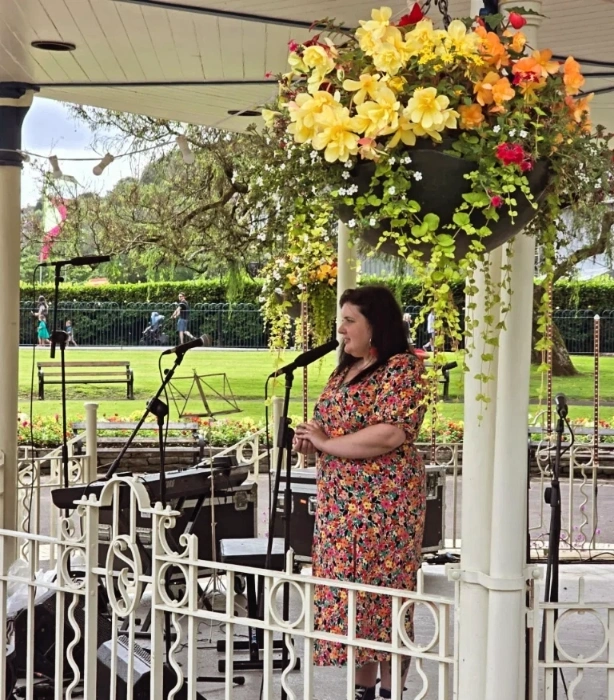
5. How do you approach the process of self-publishing, and what has been the most rewarding part of this journey for you?
I am yet to self-publish, currently typing up my book to be able to accomplish this. With over 200 pieces of work, it is taking some time. I have been included in 2 anthologies, through a lovely cause that supports different social changes with each anthology. They are called ‘the social rhyme’ and you can find them on social media platforms if you are interested in reading work on a multitude of themes.
6. In what ways does everyday life and your personal journey find its way into your poetry?
Everyway, I find inspiration in the smallest things. From the leaves falling from autumn trees to advice given from friends. I think you can really feel the progress and changes as I’ve matured and learnt to cope in my work. On good days and bad days, there is space to reflect, if that’s to vent or express gratitude.
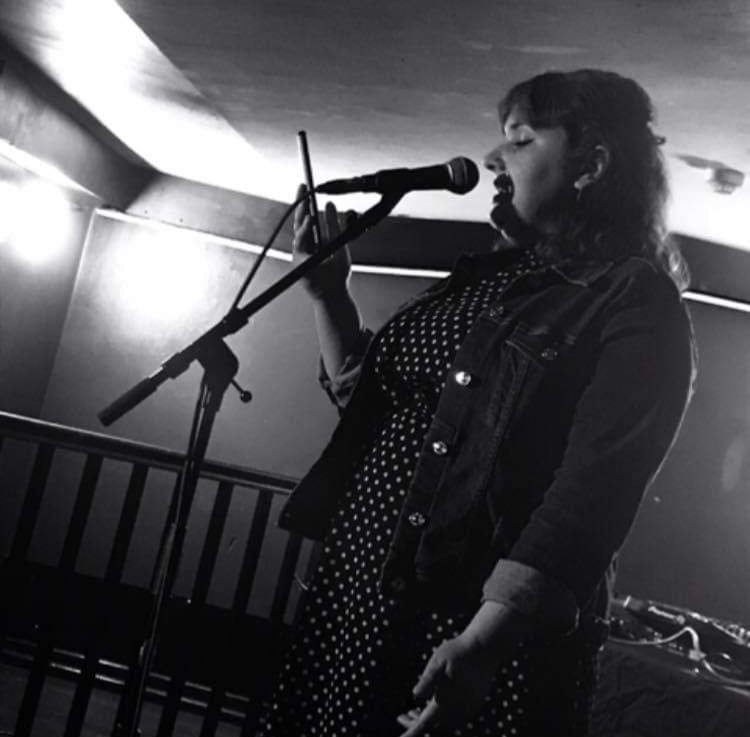
7. How do you cope with creative blocks or challenges in your writing, and what motivates you to keep going?
I do this wonderful activity when I am experiencing creative block, where I write a poem about being unable to write. It’s always a fun activity and always seems to get the flow back. It sounds mad, but it works a charm and people always laugh when I tell them. Not only am I selfishly motivated by how It helps me feel a sense of relief and pride. But the fact I get people tell me they’re grateful for what I spoke of, or how they appreciated specific lines in my work makes it worth all the while. As the original reason I put my work out there was to help others be able to express their difficult emotions just as I was. As a space to find common ground.
8. What role does mental health play in your daily life, and how do you maintain a balance between your well-being and your creative pursuits?
It isn’t as much of a role as it was when I was younger, and until I found the right medication daily life was a battle. I believe they go hand in hand, my creative pursuits are my sanity. If I am having a difficult or testing day, my pen and paper is always there to listen. No matter time of day and night. This is such a healthy and rewarding outlet. Performing at events, open mics and competitions has really helped me gain confidence that became knocked during my path in life.
9. Can you describe a specific poem or piece of work that holds significant meaning for you, and why?
‘HUSH’ this really is the most personal poem I have written. I bared it all, all of my deep hidden ashamed feelings. That so many woman have told me they are grateful I spoke and wrote openly. It’s an emotional piece and really shines a light on society and the structures we have found ourselves placed in. It will forever be my favourite piece.
10. What advice would you give to other women who are navigating their creative journeys while dealing with personal struggles?
Keep at it! Everyday won’t be a good day, everyday won’t be a great day or creative day. But slowly you’re getting there. You don’t have to be creative daily, you’ll know when it is necessary or needed or even wanted. Just keep chipping at it, and keep feeding in to whatever makes you feel proud and passionate about.
11. How has your poetry been received by others, and what impact do you hope it has on your readers?
I have had more positive experiences than negatives. Most people are very supportive, some thanked me for sharing words that resonate with them. I have been heckled twice, specifically when I’ve talked about rape culture and beauty standards. I hope my work gets people thinking outside of their usually opinion and I’d like it to make space for conversations on opinions that we differ with, there’s always space to understand and learn more.
12. What has been the most challenging aspect of self-publishing, and how have you overcome these challenges?
I am still in process of typing up me 200+ pieces, so currently it is getting it all typed up. Especially as I am dyslexic, so am not the most patient typer.
13. How do you stay inspired and connected to your creative self amidst the demands of everyday life?
By continuously putting myself put there, saying yes to new experiences and tackling all the new life experiences that comes with maturing day by day. I often in times of creative block, still get thoughts of sentences that would work well, and I save them in my notes to come back to for future inspiration.
14. What role does community and support play in your writing journey, and how have you built your network?
I began my journey on tumblr and instagram, I began attending open mics and soon started to become booked for events. The atmosphere at open mics is incredible, everyone is beyond supportive and friendly. There’s a welcoming environment filled with so much space to express yourself and your work. Community is a huge part to learning and adapting within creativity. My network still isn’t as large I’d like it to be, sadly algorithms are not what they used to be. But I have recently joined tik tok and have been posting videos with voice overs of my work to appeal to not only people who like to read their poetry.
15. What are your future goals for your poetry, and how do you plan to achieve them?
I would love to self-publish, I have been heavily looking in to this recently. I have the name of the book and a beautiful cover designed by two beautiful friends of mine (@ajillustration and @lucilastration) Once I have typed up all my work, I will be 100% sending off to the printers. So keep your eyes out in the near future.
IG: @jointheabyss
